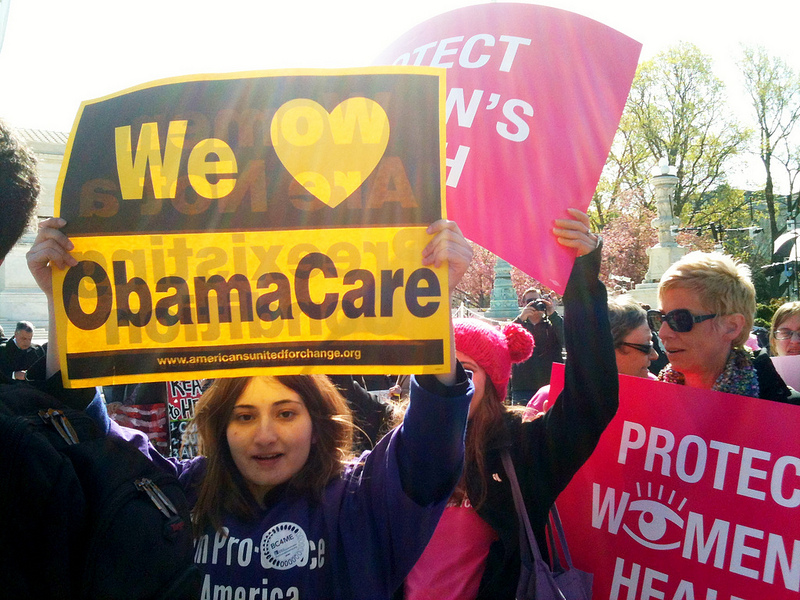
Q: What are the risks for the world economy in the event that the U.S. government is unable to reach an agreement to raise the debt ceiling?
The risk is too high therefore there will be an agreement. We will never arrive at default. The risk would imply that the U.S., for the first time in 225 years, would stop servicing its debt and as a result, bring the economy into a double-dip recession. Because of the risk both for the Americans and for the rest of the world, it simply won’t happen.

Q. Could we possibly witness a rescue of the U.S.?
No, it is too big to fail and it won’t happen. The U.S. represents 20% of the global economy. People are worried because there are groups with strong positions. On the one hand, a very dogmatic president who wants the highest increase in the welfare state that we have seen in the history of the U.S. On the other hand, you have a small group within the Republican Party, the Tea Party, which also has an extreme position in terms of ideology. So the result of these two – a very ideological president who is unwilling to sit down to talk, combined with a very ideological group within the Republican Party – is that nobody is talking.
Q. Is it realistic to assume that they will come to an agreement before the deadline?
They will. They will just pass the buck, as they say. “We’ll bring workers back until February, increase the limit until January 15,” etc. Pushing the problem forward is really nothing new, and it isn’t any different than the eight years of George W. Bush. During that time the debt ceiling was increased seven times. So it is nothing new; it is just the U.S. government spending more and more and its inability to stop the huge increase in a welfare system to help the elderly, on Medicare and Medicaid programs, etc., and at the same time, the desire to decrease taxes. These two things are in contradiction, and therefore we are in this predicament today.
But, the U.S. is not in a debt crisis. Net debt over GDP is roughly 78% and gross debt over GDP is 100% of GDP. So in fact the U.S. is in a much better position than many European countries. The issue here is the expansion of the welfare system, something that is not acceptable in a country that calls itself, “liberal”, and that is not in the European sense, but in the sense of a “small government” economy. Now we have a president who wants to expand government substantially and there is no total agreement in the country.
Q. So what kind of final agreement can there possibly be?
Just pass the buck, pass on the problem to the future and deal with it down the road. There won’t be substantial agreement. They will agree to sitting down to talk about the budget, they will apply some constraints. In January they will agree on sitting down again and that is how they will move forward.
Q. What would happen to the Chinese who hold a significant percentage of the U.S. debt?
They actually hold less than15% of the U.S. debt. The largest holder of U.S. debt is the Federal Reserve, the government itself. That is the difference between the gross and net, this 25% of the GDP. So the part of the debt that the Chinese hold is not very high, but it is very important because the Chinese could lose a lot of money in the situation. They can lose a lot of money through this act of not paying. It’s a clear default process. Or, another way is for the U.S. to decrease debt payment by creating inflation. They could print a lot of money and by doing so – the debt is in dollars – they would decrease the size of the debt.
Q. Has there been a precedent in recent U.S. history when the two sides were unable to reach an agreement? How does the situation differ today?
In fact, in 1995-1996 Newt Gingrich, the majority whip at the time, and President Bill Clinton were in a similar situation. But they actually sat down to converse fifteen times in a span of three days.
The difference now is that this president doesn’t want to give a signal that he is willing to talk because he said he would not touch Obamacare. Meanwhile, the other side is saying, its implementation is impossible so why not delay it by one year. For now, each side wants to claim victory over the other.


